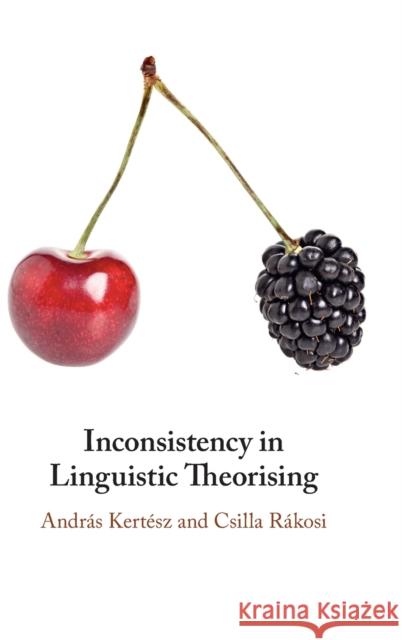Inconsistency in Linguistic Theorising » książka
topmenu
Inconsistency in Linguistic Theorising
ISBN-13: 9781009100335 / Angielski / Twarda / 2022 / 290 str.
Inconsistency in Linguistic Theorising
ISBN-13: 9781009100335 / Angielski / Twarda / 2022 / 290 str.
cena 414,61
(netto: 394,87 VAT: 5%)
Najniższa cena z 30 dni: 408,80
(netto: 394,87 VAT: 5%)
Najniższa cena z 30 dni: 408,80
Termin realizacji zamówienia:
ok. 22 dni roboczych.
ok. 22 dni roboczych.
Darmowa dostawa!
This book is the first systematic analysis of the emergence of, and the resolution strategies for, inconsistency in linguistic theorizing.











